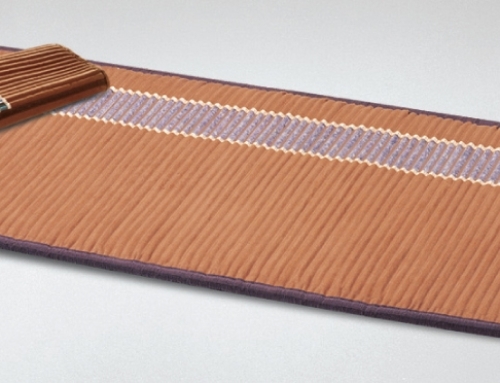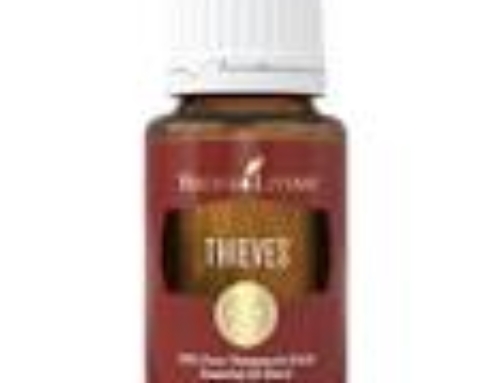We are not medical professionals and we cannot make any medical claims, but there is a fascinating new development that you likely will want to know about! We received this information from Richway International (the BioMat’s parent company) and therefore, we feel comfortable sharing this information with you.
In Japan, medical experts are increasingly recognizing the pivotal role of heat shock proteins during the journey with cancer. How does it work? Immune cells, such as NK-cells and T-cells respond to thermal shock by triggering the secretion of heat shock proteins. These proteins, in turn, greatly enhance the cancer-killing capabilities of T-cells.
Contrary to our conventional understanding, immune cells not only attack but also engulf cancer cells, providing a unique perspective on the cancer-fighting mechanisms within our bodies. What is even more fascinating is the visible difference in the cancer-killing abilities of T-cells with and without heat shock proteins. When heat is applied to our bodies, the production of these proteins causes T-cells to become highly aggressive in their pursuit of cancer cells.
Dr. Yoshimizu, a prominent figure in the field of CyberKnife treatments in Japan, has conducted extensive research on heat shock proteins. According to his findings, the secretion of heat shock proteins requires a specific condition known as heat stress. To induce this stress, one must experience external heat discomfort for approximately 30 minutes. During this time, our bodies naturally release heat shock proteins as a survival response.
The key takeaway is that achieving the benefits of heat shock proteins through thermal therapy does not necessitate prolonged exposure. Roughly 30 minutes is sufficient, but the most significant secretion of heat shock proteins occurs during the last five minutes or so, when the heat becomes challenging to endure.
This new development serves as a powerful reminder of the remarkable anti-cancer abilities innate within our bodies.
Want to learn more? Let’s connect at [email protected].





